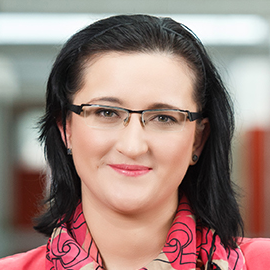Call for Participation
In the PCS system, please select society: VGTC, Conference: VIS 2022, Track: Visualization in Biomedical AI
Submission: Aug 17, 2022
Notification: Sep 10, 2022
Camera-Ready: Sep 22, 2022
We invite submissions from both 1) visualization researchers who conduct
application studies on
biomedical AI
and 2) biomedical AI researchers who address their domain challenges with
the help of visualizations.
Apart from visualization tools, case studies,
evaluations, and design guidelines,
We also highly encourage white papers that discuss scenarios where
visualizations are most
needed and the obstacles in applying visualizations, regardless of whether the biomedical researchers
have developed visualization tools or not.
This workshop will accept two types of submissions:
-
A 2-4 page paper (without references) of unpublished work using the IEEE
VGTC
Conference Style
Template. Accepted submissions in this category will be published similar to posters: available on
the
workshop's website, not available at a central digital library, included in the downloadable
proceedings, not considered archival, but possible to be cited. Re-use of the content in a
follow-up
publication or conference paper will be fully allowed.
-
An up-to 400-word short abstract related to a recent study that has been
published at a non-Visualization venue (e.g., Oxford Bioinformatics, NeurIPS, Nature
Methods). No
template is required. The previously published paper must be attached as supplementary material
along
with the submission.
Topics include (but are not limited to):
- Visual exploration and analytics that support the application of AI to biomedical and healthcare
problems, including medical image diagnosis, clinical decision making, biomedical discovery,
computational omics, etc
- Visualization techniques and tools that are designed for a certain group of users of biomedical AI,
such as wet lab biologists, physicians, histopathologists, drug developers, patients
-
Visual AI explanations for solving biomedical and healthcare challenges
- Design guidelines for visualization in biomedical AI
- The role of and the needs for visualization in biomedical AI
- Evaluation of visual explanations, interactive visualization techniques, and visualization tools for
biomedical AI
- Broader challenges and research opportunities
Submissions are not anonymous and should
include all author names, affiliations, and contact information. At
least one author of each accepted submission needs to register for
the IEEE VIS conference and attend the workshop.








